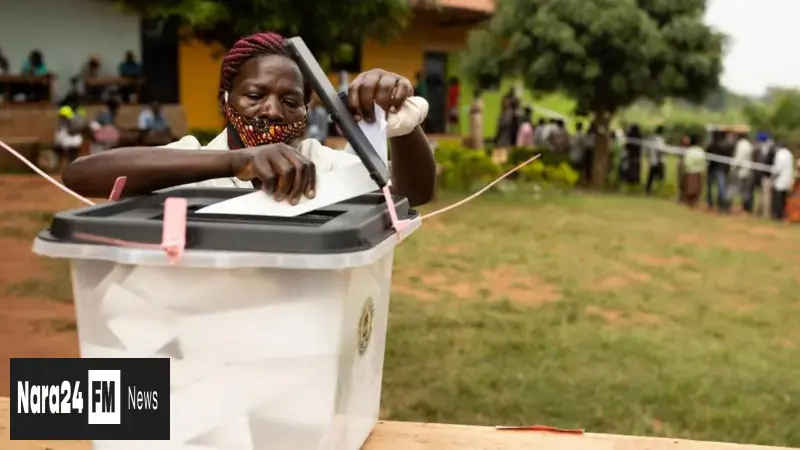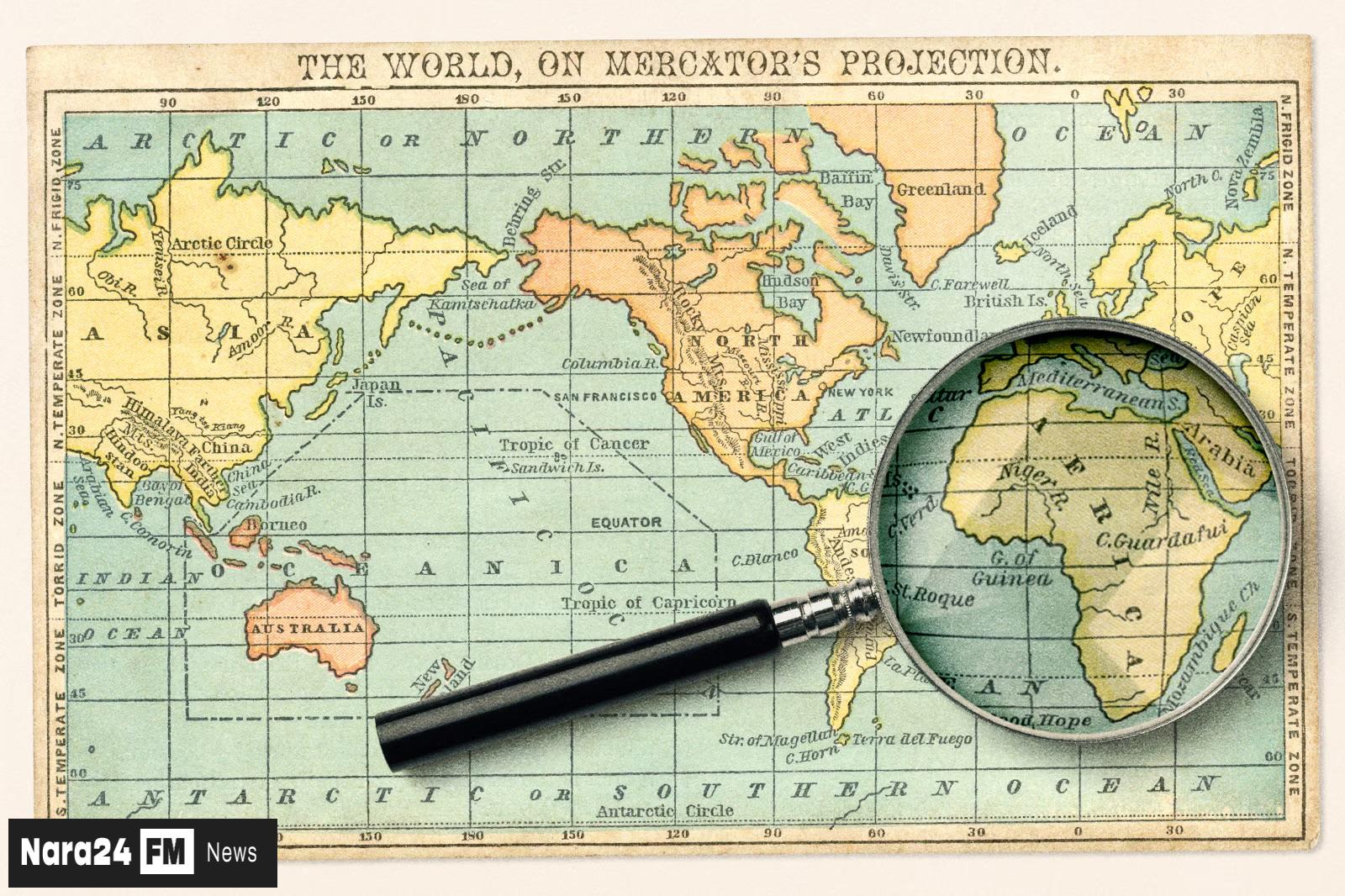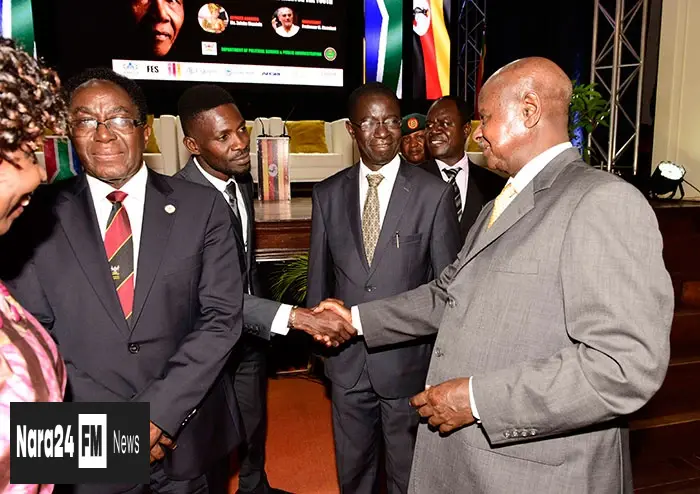In This Article
- Trump's Visit to Scotland
- Scotch Whisky Tariffs Overview
- Historical Tariff Context
- Swinney's Concerns and Advocacy
- Trump's Response to Tariff Issue
- Economic Impact and Trade Policy Discussions
Key Takeaways
- Donald Trump met with Scotland's First Minister John Swinney to discuss tariffs on Scotch whisky during his visit to Scotland.
- A 10% tariff was imposed on UK exports to the U.S. in April, impacting the Scotch whisky industry by increasing production and export costs.
- The Scotch whisky industry had previously enjoyed a zero-tariff period from March 2021 to April 2024, following a 25% tariff between October 2019 and March 2021.
- First Minister Swinney has advocated for the exemption of Scotch whisky from tariffs, citing detrimental effects on the industry.
- Trump expressed unawareness of the whisky tariff issue, saying, 'I didn't know whisky was a problem.'
During his four-day trip to Scotland, former U.S. President Donald Trump met with First Minister John Swinney to discuss various issues, including the recent tariffs on Scotch whisky.
In April, a 10% tax was imposed on most UK exports to the United States. This new tariff has raised concerns within the Scotch whisky industry, as it significantly increases production and export costs.
Prior to the 10% tariff, there had been a zero-tariff period from March 2021 to April 2024. Before that, between October 2019 and March 2021, a 25% tariff was in place.
First Minister Swinney has previously expressed his desire for Scotch whisky to be exempted from these tariffs, stating that the increased costs are detrimental to the industry. Trump, however, has indicated that he was unaware of the issue, saying, "I didn't know whisky was a problem."
The meeting between Trump and Swinney comes amid ongoing discussions about the impact of trade policies on various industries, with the Scotch whisky sector being a significant contributor to the UK's economy.








Comments (0)
Leave a Comment
Be the first to comment on this article!